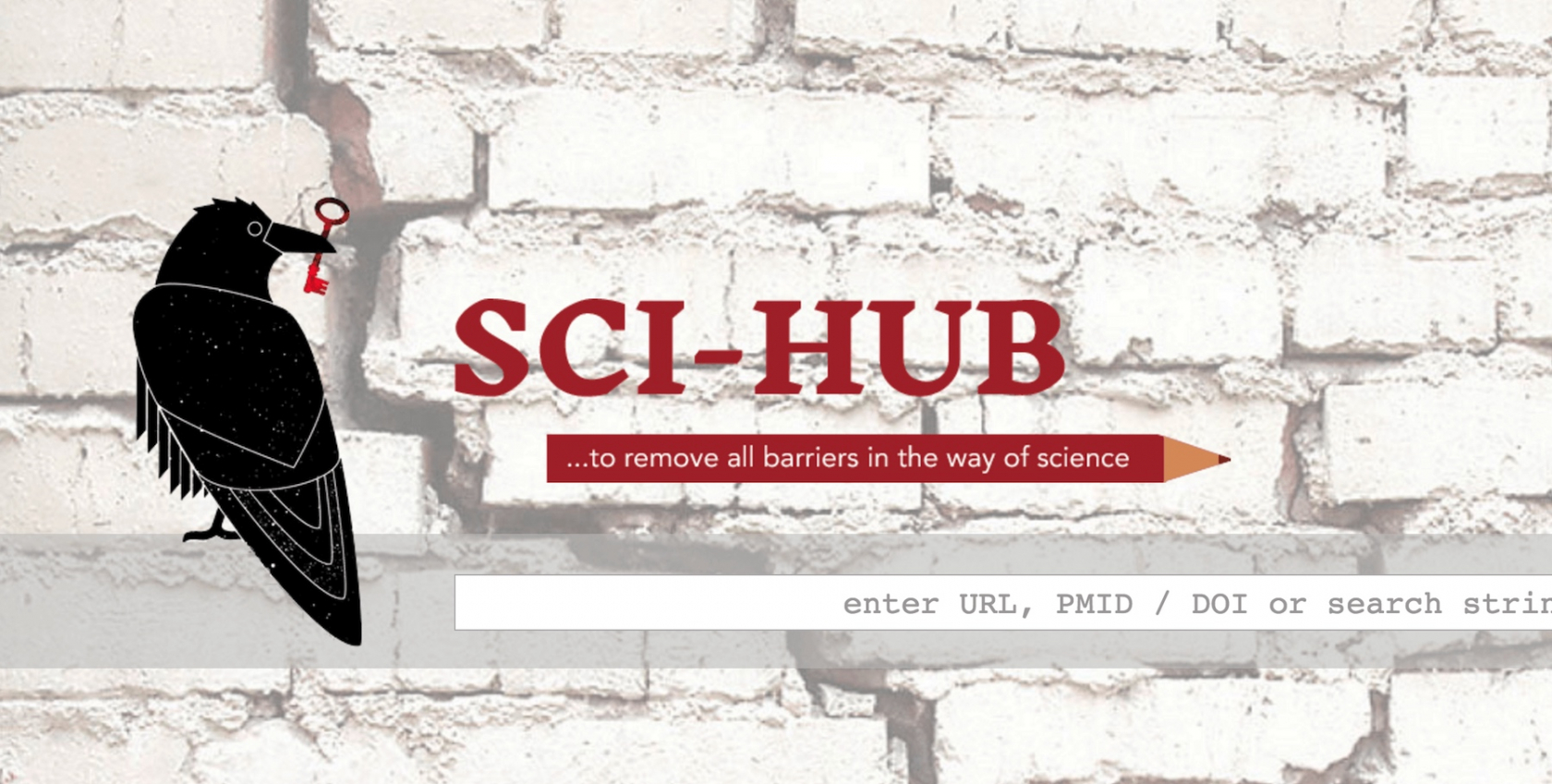Sci-Hub, the "Pirate Bay of Science," has been ordered by a US District Court in Virginia to shut down and pay $4.8 million in damages in a copyright infringement lawsuit. Additionally, Magistrate Judge John Anderson, who presided over the case, recommends that search engines, ISPs and domain registrars block Sci-Hub domain names.
TorrentFreak reports it to be "one of the strongest anti-piracy injunctions we have seen in the US to date."
The suit was brought by the American Chemical Society (ACS), which offers a wide variety of chemistry research publications. The organization has several peer-reviewed journals which publish thousands of papers per year. Sci-Hub has posted several of these writings without authorization, prompting the ACS to sue the website and founder Alexandra Elbakyan.
Elbakyan failed to appear for the hearing so a default judgment was issued against Sci-Hub in the case. Judge Anderson's ruling read:
"... the undersigned recommends that it be ordered that any person or entity in privity with Sci-Hub and with notice of the injunction, including any Internet search engines, web hosting and Internet service providers, domain name registrars, and domain name registries, cease facilitating access to any or all domain names and websites through which Sci-Hub engages in unlawful access to, use, reproduction, and distribution of ACS's trademarks or copyrighted works."
Injunctions against the site are nothing new. In 2016, Elbakyan lost a similar lawsuit to Elsevier, another academic paper publisher. In that case, Elsevier requested registrars block the site on its original .org domain and then again after it switched to a Chinese registry (Sci-Hub.io).

However, Elbakyan has plenty of backup domains in reserve and just switches when one is blocked. The site is currently operating under a Russian registry (Sci-Hub.cc). This jumping around to different site locations is likely the rationale behind Judge Anderson's recommendation for broader measures. Search engines and ISPs can block a full range of domains which would be more effective in crippling the site.
"The goal is to collect all research papers ever published, and make them free."
Unfortunately, the efforts are unlikely to take down the site. Users will still be able to reach Sci-Hub via its IP address or its Tor domain, which is virtually bulletproof in matters such as this.
Elbakyan's actions after the 2016 lawsuit show that she is not willing to stop running the site. In fact, she told TorrentFreak that she believes she is helping researchers who are "less privileged" by providing them access to studies and information that has been unfairly restricted by paywalls.
"I think Elsevier's business model is itself illegal. When I was working on my research project, I found out that all research papers I needed for work were paywalled. I was a student in Kazakhstan at the time, and our university was not subscribed to anything. Now, the goal is to collect all research papers ever published, and make them free."
Despite Elbakyan's altruistic view, the nobility of her cause does not make it any less illegal. However, as a native of Ukraine, it is unlikely she will ever face US authorities and it is just as improbable that Elsevier and ACS will ever see the millions they were awarded.
